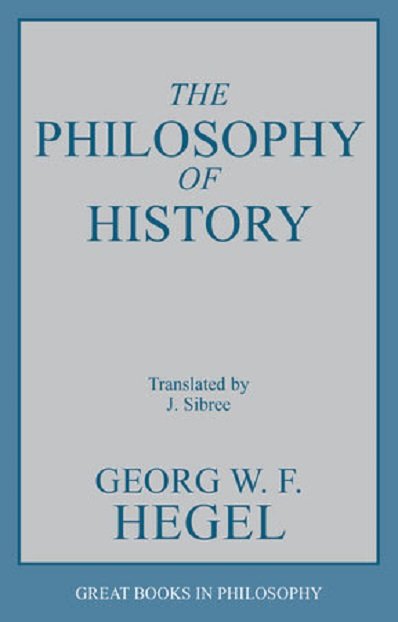Some thoughs about the history of "Philosophy of History" /part 14/
"Superfluous people" are the product of a spontaneous and uncontrolled increase in the birth rate as the social system of the organization of production and distribution that bears unemployment. However, the very fact of the existence of unemployed people does not mean that the available means of life have been exceeded, and Thomas More / 16th Century has also seen it very well.
Consequently, not lack of food makes people unnecessary, as Malthus claims, and its uneven focus in which one person can turn out to be thousands of times his daily life, while in the hands of another person he may have no means for his one-time reproduction. Secondly, the division of people into more or less valuable, depending on their property status, as Konsul is, is an ideological expression of the real dominant property. Here is a methodologically unlawful reduction in which the value of an individual is measured not by his personal qualities but by the amount of wealth he possesses. But as wealth is known, it can be obtained in a different way. By own labor, inheritance, robbery or fraud. Should all these cases consider the subjects of this wealth as more valuable than others? Property status is not a criterion for readiness, ability, and talent. It is obvious that things can not be resolved in this way because the property definition of individuals as an external definiteness does not express their true inner spiritual value. Wealth is lost and acquired, but the person remains. The question is what are its authentic qualities, and not the external attributes that can follow or not follow from these qualities.
The social determinism
This determinism is inherent in Marxism as social, is that he seeks the determinants of history not outside of society, as in geographic and demographic determinism but within society itself. The rationale for being defined as an economic determinism comes from the fact that these factors are seen in the economic sphere of public life. The main postulate that Marx sets out in developing its own concept is the fact that before they are engaged in any other activity, people have to produce the means they need to live. Marx notes on this occasion that Engels has opened the law of human history, namely the simple fact that people first have to eat and drink, have a home, and love before they are able to deal with politics, science, art, religion, etc., that the production of the immediate material means of life forms the basis from which the state institutes, the legal views, the art, and even the religious ideas of some people develop, on the basis of which they must be explained; no back as it has been until now. In this sense, the way of production influences all the realities and phenomena of social life. Firstly, it determines the growth rate of the population. In doing so, he defines them ambiguously. With the development of its productive forces, there are nominal opportunities for increasing the population. But these opportunities also depend on the nature of the dominant production relations, and especially on the distribution.

To listen to the audio version of this article click on the play image.

Brought to you by @tts. If you find it useful please consider upvoting this reply.